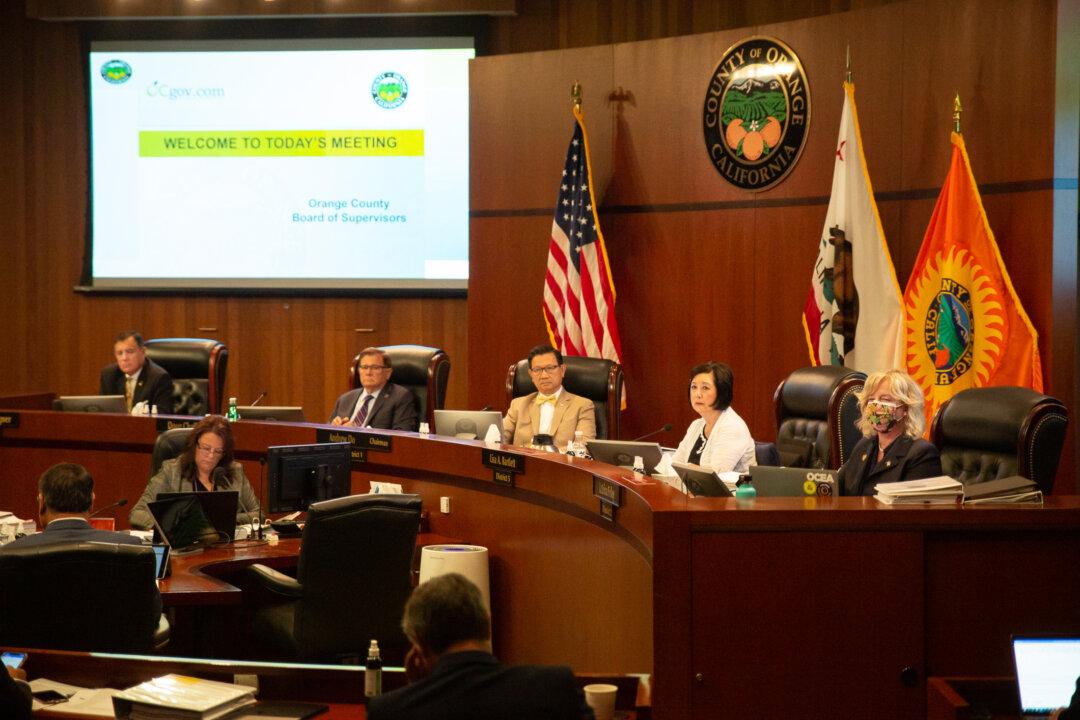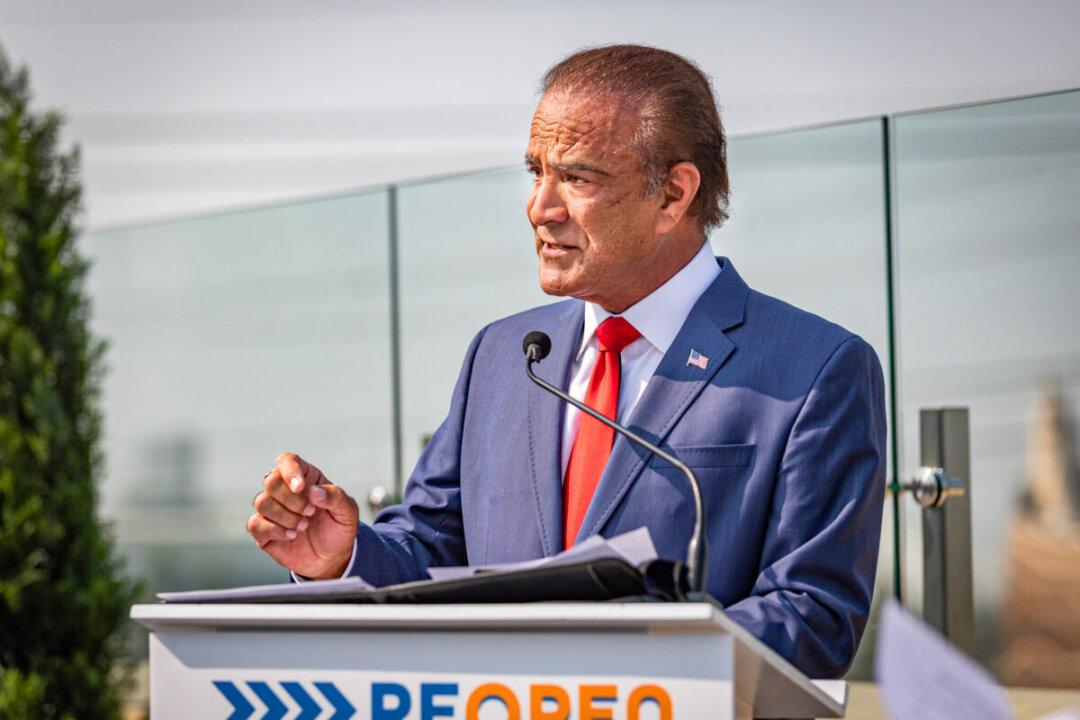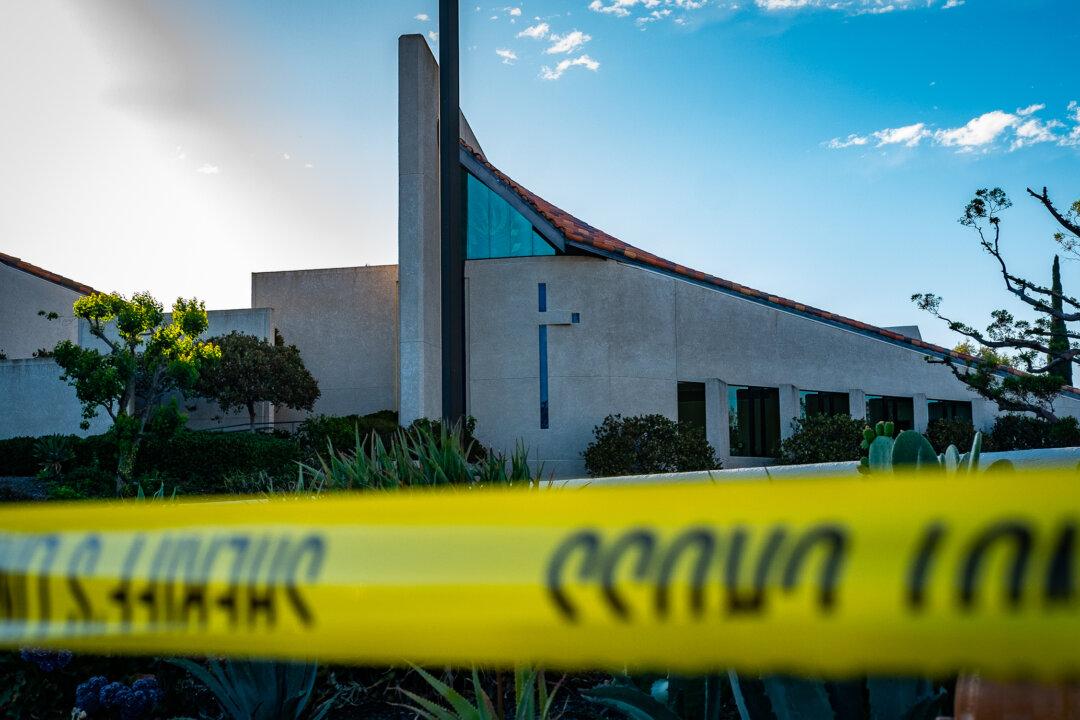The Orange County Board of Supervisors unanimously approved a resolution urging President Joe Biden to extend extra support toward Afghan refugees seeking to flee the Taliban’s violent regime.
“This is our commitment as a country to that fight that we have always espoused, which is the fight for democracy, for basic human dignity, for human rights, and opportunity and justice for all,” Chairman Andrew Do said at the Aug. 24 meeting.




